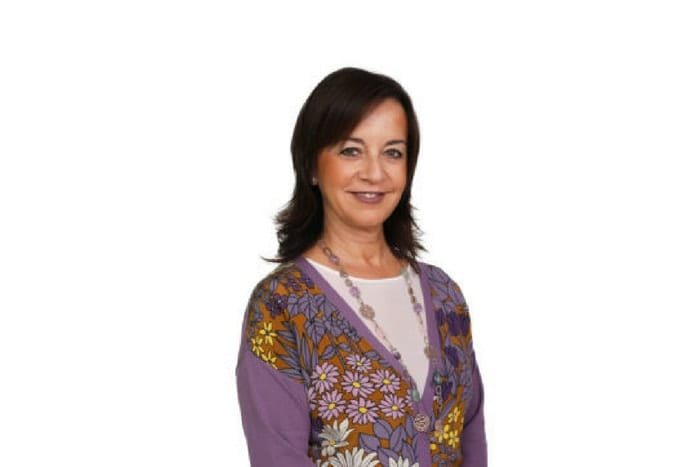The topic of vaccination is always a widely discussed topic, and one that raises a lot of questions for many parents. Here, Dr. Federica Vagnarelli, Specialist Paediatrics Doctor at Danat Al Emarat Hospital, answers your questions about immunisation in children and it’s importance for not only their health but on the wellbeing of the community.

Are vaccines safe?
All parents want to keep their children safe and healthy, and one of the best ways to do that is to get them vaccinated against serious and potentially life-threatening diseases. Vaccinations are vital in order to reduce the risk of your child contracting a serious disease, but they also protect the entire community as such diseases can spread quickly amongst unvaccinated people. It is also important to keep in mind that if you choose not to vaccinate your child, not only will they be at risk of contracting a serious and preventable disease, but they may also find it difficult to achieve a place at nursery or school.
What is the importance of vaccinating against diseases that are virtually eradicated?
All of these diseases are still common in other countries so it is possible to still contract them. When the vaccination rate drops, the rate of disease can very quickly increase, putting unvaccinated children at risk.
Is it safe for babies & children to have several vaccines over a short period of time – do vaccines ‘overload’ their immune system?
Not at all. The vaccination schedule in Abu Dhabi starts from birth, then babies will receive a vaccination when they are 2 months, 4 months, 6 months, 12 months, and 18 months old. In total, they will receive 11-12 injections before they are two years old, but their immune systems are more than capable at coping with this. A baby’s immune system has the ability to cope with 10,000 vaccines, so 11 is only just over 0.1% of their total immune capacity.
What should I do if my child has started their vaccinations in my home country?
Your pediatrician will be able to adjust your child’s schedule of vaccinations according to your home country. They’ll be able to advise the most effective schedule based on the vaccinations that your child has already received.
Can I still vaccinate my child if they are feeling unwell?
Whilst it is important to stick to the vaccination schedule, if your child is very sick, they have a high fever, or are taking antibiotics, they may not be able to have the vaccination, but your pediatrician will be able to advise if this is the case.
Are there any side-effects after immunisation?
This depends on the type of virus and the immune system of the child, but vaccines will significantly reduce the risk of your child contracting the disease.
At what age will children stop receiving vaccinations?
As well as a vaccination schedule for babies, the Health Authority Abu Dhabi also provide a school vaccination schedule. Infection and disease spread quickly around schools, so children receive boosters to keep them protected, including MMR and polio, depending on their age. Children will receive their last vaccine according to the schedule of childhood vaccination at around Grade 11. Though it’s not a mandatory vaccination, it is also recommended that teenagers receive the meningococcal conjugate vaccine, the first of which they will receive at the age of 13, and a booster after two years.

